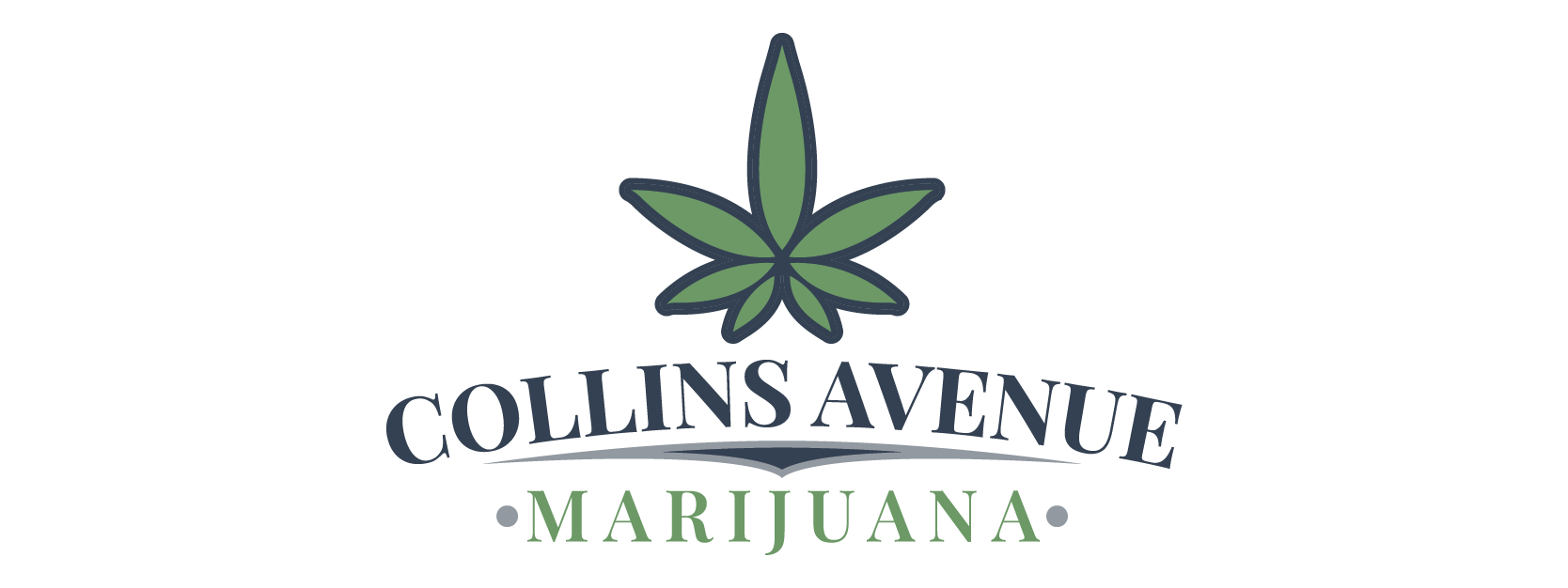Miami’s professional class is quietly normalizing cannabis, folding it into routines once dominated by coffee, cocktails, and gym sessions. In offices from Brickell to Wynwood, the shift is driven less by counterculture than by wellness, sleep, and stress management—and by the sheer scale of Florida’s medical program, which listed more than 922,000 active patients in mid-August 2025, alongside heavy dispensations from major operators.
The legal backdrop helps explain the change. Adult-use legalization failed to clear Florida’s 60% constitutional threshold in November 2024, keeping non-medical use illegal while leaving a large, regulated medical market in place. Meanwhile, workplace policy is evolving. A Florida state trial court held that employers must consider reasonable accommodations for off-duty, off-site medical cannabis use under the Florida Civil Rights Act, a ruling now echoed in HR advisories. Locally, Miami Beach voted in February 2025 to provide appropriate accommodations to qualified city employees who are medical marijuana patients—an early signal of how public employers are adapting and how progressive attitudes are filtering into official policy.
Attitudes are shifting as well. National polling shows the vast majority of U.S. adults favor legal access to cannabis for at least medical purposes, a sentiment reflected in Miami’s youthful, service-heavy workforce across finance, hospitality, tech, and the creative industries. Employers looking to update handbooks and training are leaning on federal public-health dashboards for neutral, non-advocacy references about use patterns and safety considerations. Qualitative research among South Florida adults underscores pragmatic motives—better sleep, anxiety relief, pain management, and reduced alcohol intake—over countercultural identity, aligning with a wellness-first professional ethos. For many professionals, cannabis has become less about recreation and more about restoring balance in increasingly demanding careers.
On the ground, adoption looks professional and discreet: microdosed edibles replacing weeknight drinks; balanced THC/CBD formulas for stress and pain; and vapor pens used away from worksites. Compliance remains the watchword. Florida law still prohibits non-patient possession and public consumption; access requires physician oversight through the state registry, keeping most white-collar cannabis use private and medical. HR leaders describe the emerging norm as “balance”—zero tolerance for impairment on duty paired with accommodation processes for documented off-duty medical use, consistent with recent court guidance. This balance is reshaping not only office policies but also workplace culture, where conversations about cannabis are less taboo and more often framed in terms of wellness, recovery, and productivity.
Market indicators reinforce the trend. Despite price compression, industry trackers report resilient 2025 unit volumes and strong sales of smokeable flower, signaling steady demand even without adult-use. The state’s weekly updates likewise show sustained dispensations across Miami-Dade, mirroring what professionals report about post-work recovery and sleep-support routines. The business case for cannabis as part of a modern professional lifestyle continues to strengthen. In short, Miami’s professional adoption is less a cultural rupture than an operational adjustment: employees seek measurable wellness gains; employers codify safety, impairment, and accommodation; and the city signals cautious acceptance within a medical framework.
